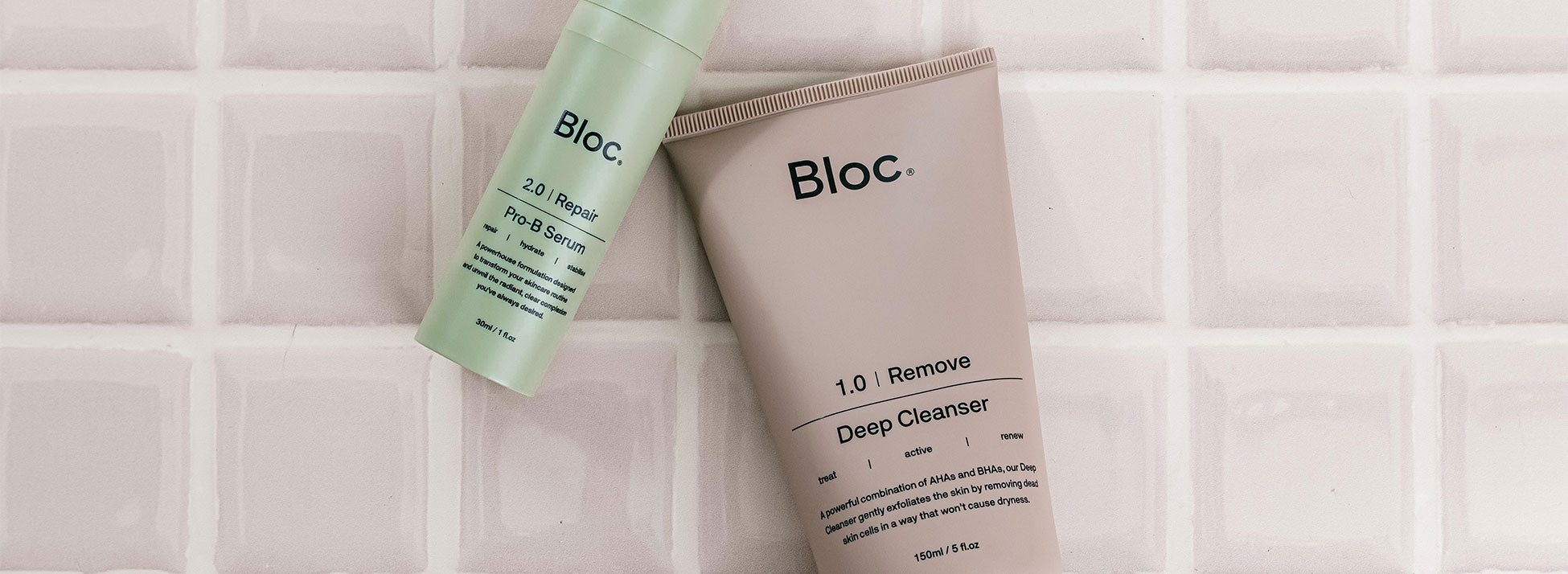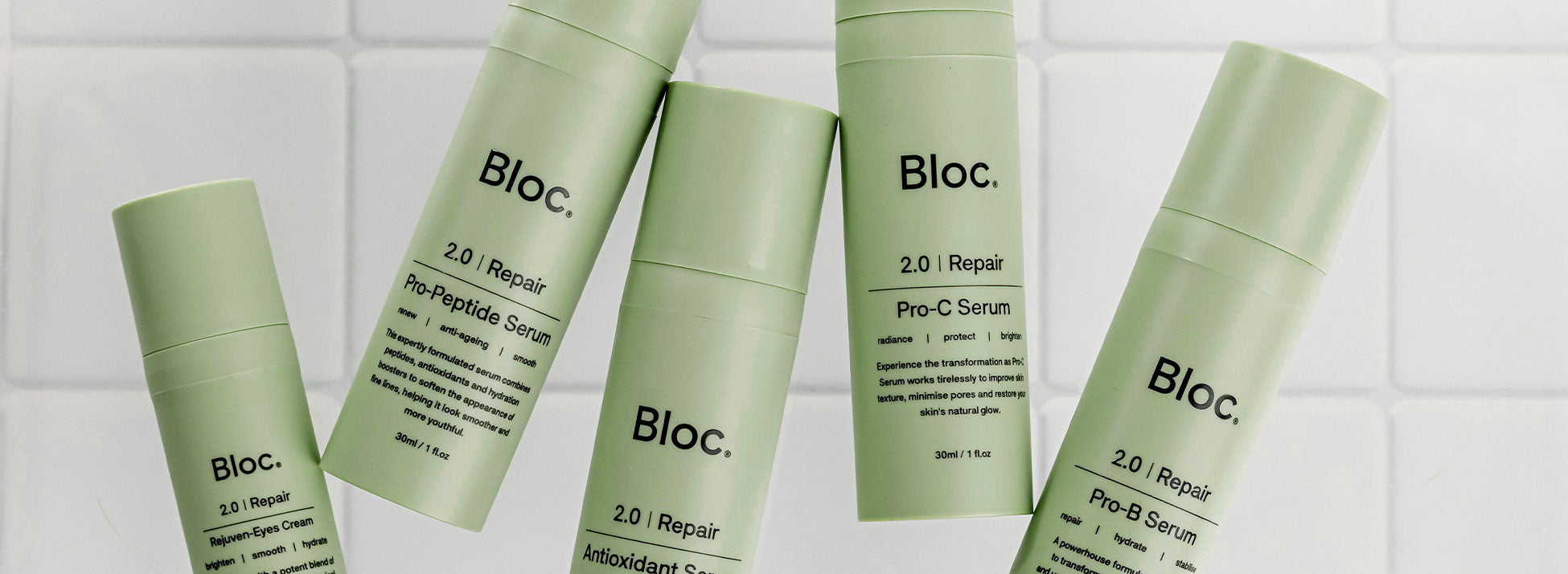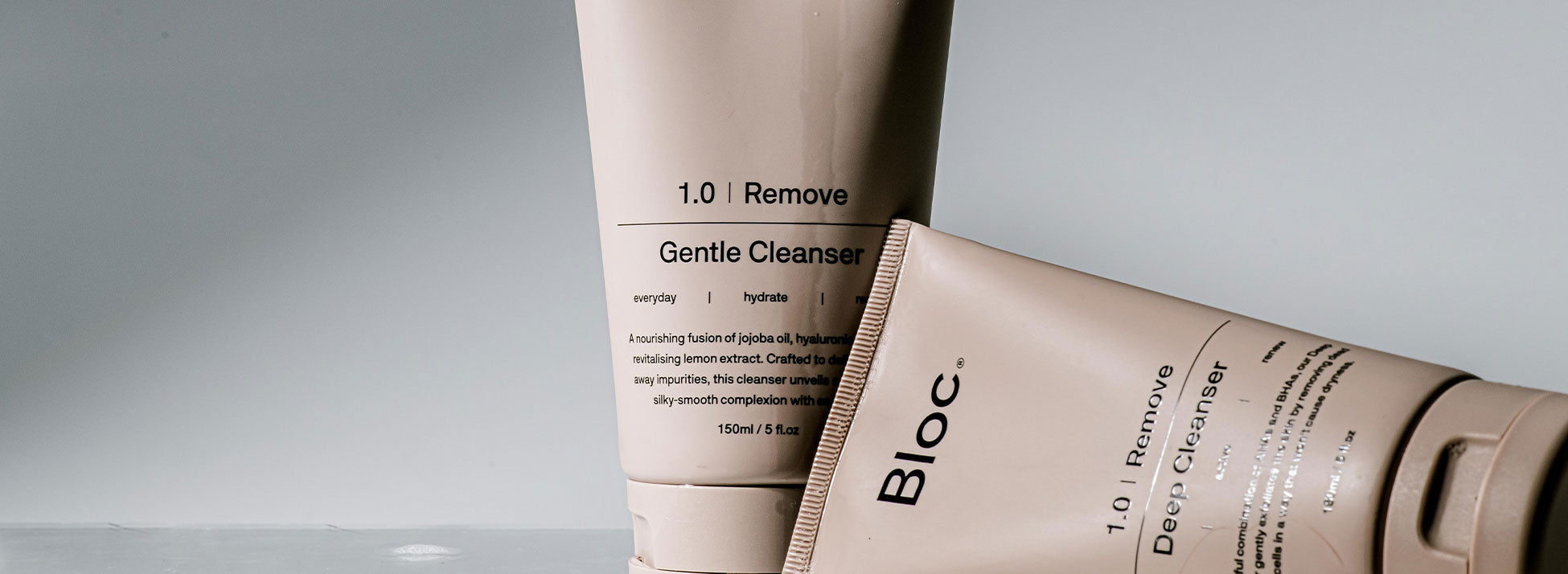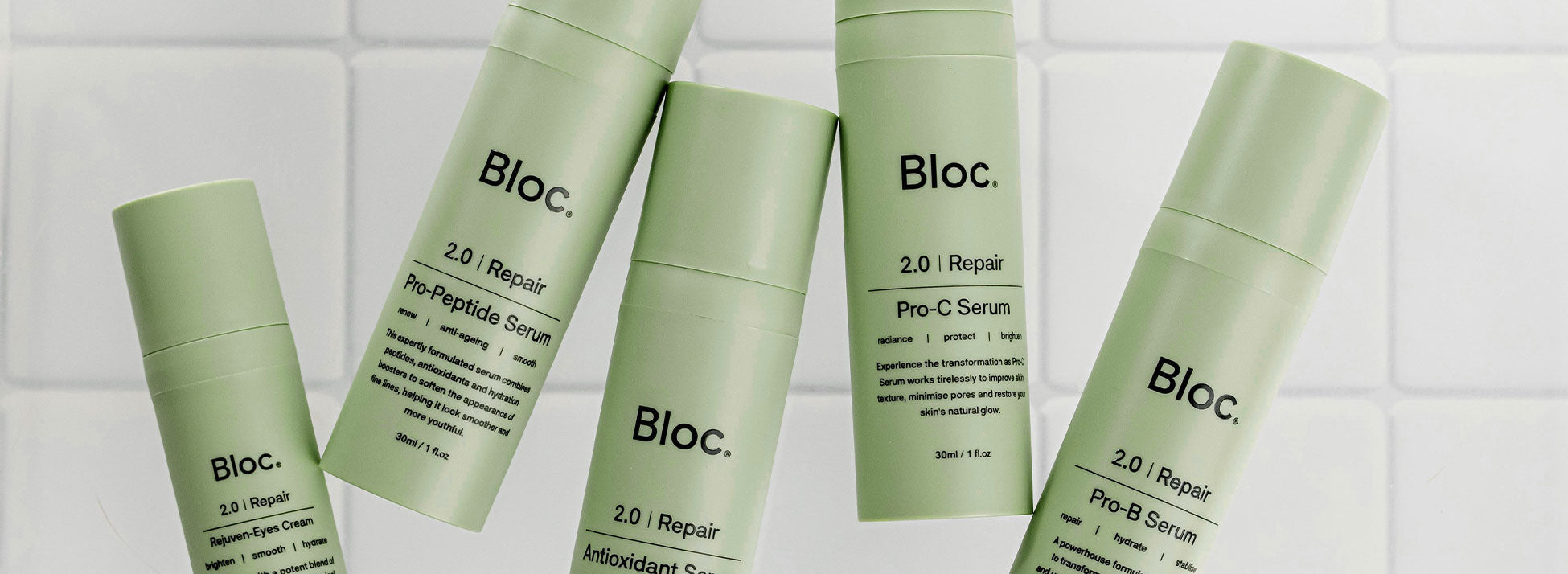Let’s dive into a topic that affects each and every one of us: stress. From pesky breakouts to flare-ups of chronic skin conditions, stress doesn’t discriminate when it comes to our complexion. But why does this happen, you might ask? Let’s explore the science behind stress and its impact on our skin.
When we're stressed, our bodies release a cascade of hormones, including cortisol and adrenaline. These stress hormones can trigger a range of responses in our body, including inflammation. Now, inflammation isn’t always a bad thing – it’s our body’s way of protecting itself from harm. However, chronic stress can lead to persistent inflammation, which can manifest on our skin as redness, irritation, and even exacerbate conditions like acne, eczema, and psoriasis.
But wait, there’s more. Stress doesn’t just affect our skin externally; it can also disrupt the delicate balance of our skin’s microbiome, the community of beneficial bacteria that reside on our skin’s surface. This imbalance can compromise our skin’s barrier function, leaving it more susceptible to environmental aggressors and moisture loss.
And let’s not forget about the impact stress can have on our overall health. Chronic stress has been linked to a myriad of health issues, including cardiovascular disease, gastrointestinal problems, and even immune system dysfunction – all of which can indirectly affect our skin health.
So, what can we do to keep our skin calm, cool, and collected in the face of stress? Well, here are a few tips:
-
Practice Stress Management Techniques: Whether it’s meditation, deep breathing exercises, or simply taking a walk in nature, finding healthy outlets to manage stress is crucial for both our skin and overall well-being.
-
Prioritise Sleep: Quality sleep is essential for skin repair and regeneration. Aim for 7-9 hours of uninterrupted sleep each night to give your skin the rest it deserves.
-
Nourish Your Body: A balanced diet rich in fruits, vegetables, lean proteins, and omega-3 fatty acids can help support skin health from the inside out.
-
Establish a Skincare Routine: Consistent skincare habits, including gentle cleansing, moisturising, and protection from UV radiation, can help fortify your skin’s barrier and minimise the impact of stress-induced inflammation.
-
Consider Supplements: Certain supplements, such as probiotics, omega-3 fatty acids, and adaptogenic herbs like ashwagandha and rhodiola, may help support your body’s stress response and promote skin health.
Now, let’s talk products. When it comes to skincare, look for gentle, soothing ingredients like chamomile, green tea extract, and niacinamide to help calm irritated skin. Additionally, incorporating a hydrating serum or facial oil can provide an extra layer of protection for stressed-out skin.
On the wellness front, consider investing in tools like a meditation app, an aromatherapy diffuser, or a weighted blanket to help alleviate stress and promote relaxation.
Remember, managing stress is an ongoing journey, and it’s okay to seek support from healthcare professionals if you’re feeling overwhelmed. By prioritising self-care and adopting healthy lifestyle habits, you can help keep your skin glowing and your body thriving, no matter what life throws your way.
Here’s to a stress-free, radiant complexion!









